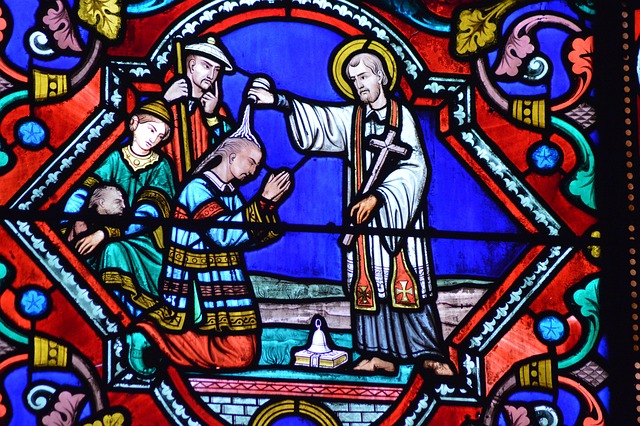Exploring the Missionary Way: A Dive into Religious Traditions
In a world rich with diversity, the missionary way serves as a fascinating pathway through which we can explore the depth of religious traditions across cultures. This journey is not just about understanding a doctrine; it’s about experiencing the profound ways in which beliefs shape lives and communities.
The missionary way embodies dedication, service, and a deep commitment to sharing one’s faith. From the zealous early Christian missionaries who traveled far and wide to spread the Gospel, to contemporary practitioners who engage in intercultural dialogues, this path has remained vibrant. Each interaction tells a story of connection, often bridging cultural divides while fostering understanding and acceptance.
Embarking on a Spiritual Journey
Religion, at its core, can be thought of as an intricate tapestry woven with threads of faith, tradition, and community. Those who embrace the missionary way actively seek to not only spread their beliefs but also to engage with others on a spiritual level. This engagement often leads to mutual learning, illustrating how religious tradition can unite us in our shared humanity.
Consider the role of the missionary in various cultures. In places where indigenous beliefs are intertwined with Christianity, the missionary way can become a melding of traditions. For instance, in many African communities, the incorporation of local languages, music, and customs into worship has led to a rich spiritual experience that honors both the biblical teachings and traditional beliefs.
The Role of Tradition in Shaping Values
Traditions provide a sense of identity, offering structured guidance on how to live harmoniously within a community. For missionaries, understanding local customs is crucial. By respecting and acknowledging the values of those they wish to serve, missionaries can foster genuine relationships built on trust and shared values. This respectful exchange enriches the missionary way, allowing for deeper connections that transcend mere belief systems.
Take, for example, the festivals celebrated by different faiths. Missionaries often find themselves participating in cultural events that, while rooted in different religious practices, echo similar themes of unity, gratitude, and hope. This experiential participation not only deepens their understanding of others’ traditions but also demonstrates the beautiful ways in which religions can complement one another.
The Transformative Power of Faith
Faith, in its many forms, has the power to transform lives. The missionary way exemplifies this by showcasing stories of individuals who have found newfound purpose through their belief. Whether it’s a volunteer providing medical care in remote areas or those engaged in educational outreach, the impact is often profound, fostering change both in individuals and their communities.
This transformative aspect of faith also extends to the missionaries themselves. As they engage with different cultures and traditions, they become changed by the very experiences they set out to share. This reciprocity emphasizes that the missionary way is not a one-way street but a shared journey of enlightenment and growth.
As we delve deeper into the missionary way, it becomes clear that the essence of this tradition is not solely about converting others but about building bridges, fostering compassion, and embracing the enriching experiences that come from understanding diverse belief systems. Whether through service, dialogue, or solidarity, the missionary way invites us all to participate in a global conversation about faith and humanity.




